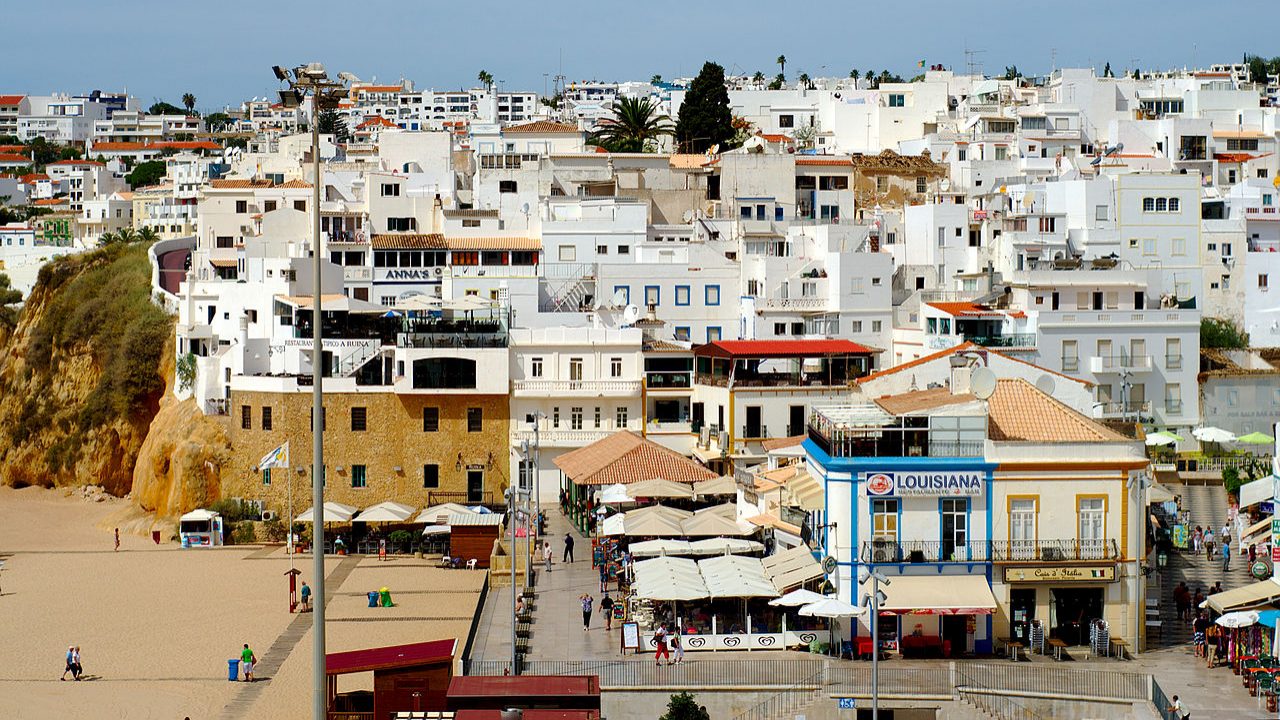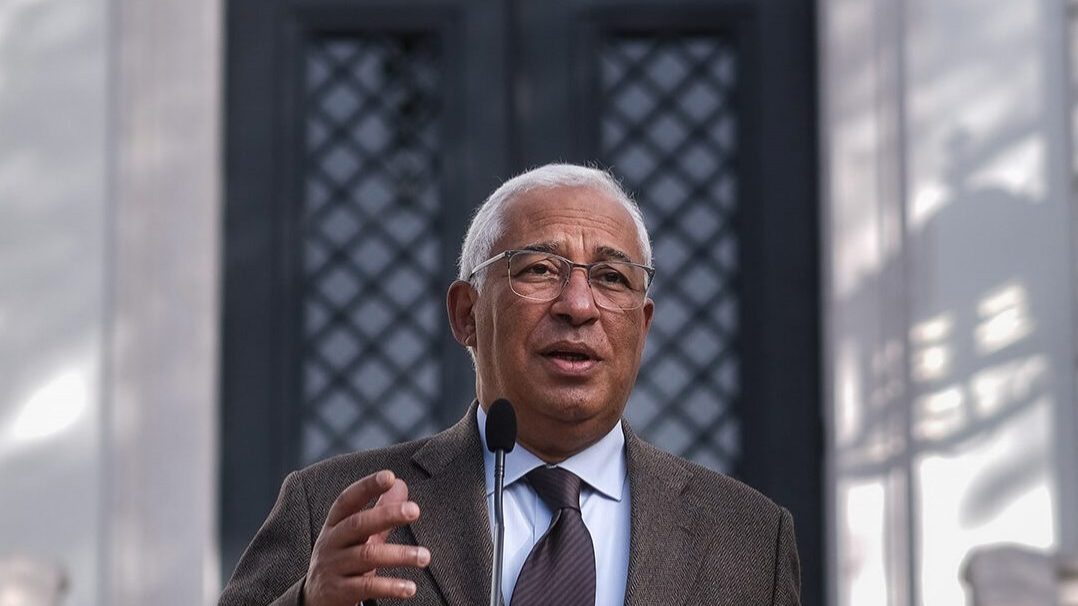Recovery plan project delays hopefully made up in 2023
The head of state recalled that he has been following "with attention and concern" the pace of implementation of the RRP and stressed that there are "two phases" in its application.
Portugal’s president on Thursday expressed hope that the delay in implementing the Recovery and Resilience Plan (RRP) will be “recovered in the course of 2023”, after it was announced that 15 investments are in a worrying or critical state.
At a press conference at the Palácio de Belém, in Lisbon, with the president of Hungary, Katalin Novák – who is on a state visit to Portugal – Marcelo Rebelo de Sousa commented on the information given by the National Monitoring Committee (CNA-PRR) on Wednesday that there are 15 investments in a worrying or critical state.
The head of state recalled that he has been following “with attention and concern” the pace of implementation of the RRP and stressed that there are “two phases” in its application.
The first, according to the president of the country, has been carried out by the government “without delay” and consists of “relations with the European Union, requesting funding that has been granted, and allocating this funding to intermediate entities in the execution process.
“The second phase, which is the one in which there have been delays, is the transfer of funds from these intermediate entities to final beneficiaries: opening of tenders, tender decisions, start of execution, execution of the construction work and, therefore, payment to final beneficiaries as the execution of the works is completed,” he stressed.
Marcelo Rebelo de Sousa noted that it was precisely in this second phase that the CNA-PRR recognised that “there is a delay” in the execution of funds.
It is “a delay that we all hope will be recovered during the year 2023, even before the year 2024. That is why I said in my New Year message that 2023 is a decisive year in terms of the timetable for the implementation of the RRP,” he stressed.
At this press conference, the Hungarian president was also questioned about the freezing, by the European Commission, of European funds intended for Hungary, which has been accused of violating the rule of law by reversing rights, freedoms and guarantees of its citizens.
Marcelo Rebelo de Sousa used the question to point out that Portugal believes that “everything that can be done within the framework of guarantees, within each state, regarding the fundamental values of the European Union, should be supported, stimulated, encouraged, because it is a cement” that unites the different member states.
“We have different views on many realities, we have to manage these different views bearing in mind the cement that unites us and this cement is made of principles and values that, deep down, are a very important aspect of the union that we form. And we want – I want it, but also the president of Hungary wants it – more EU, better EU, a stronger EU, with more future”, he stressed.
On Wednesday, the CNA-PRR identified 15 investments in a worrying or critical state, due to factors such as delays in applications or overly ambitious targets.
“We analysed 69 investments […], 33 are aligned with the plan, 21 with necessary monitoring, 13 in a worrying state and two considered as critical,” CNA-PRR chairman Pedro Dominguinhos said in Lisbon at the presentation of the programme monitoring report, reported to 2022.
Those in a critical state refer to investments by companies, in housing, forestry and also digitalisation in education.


